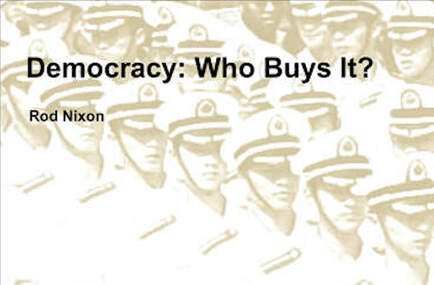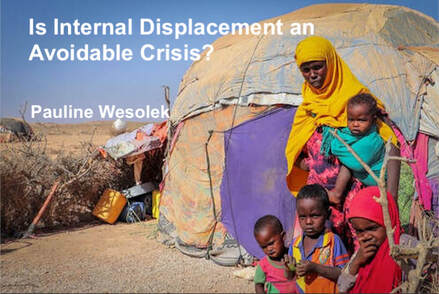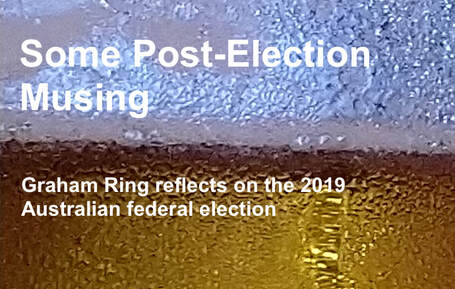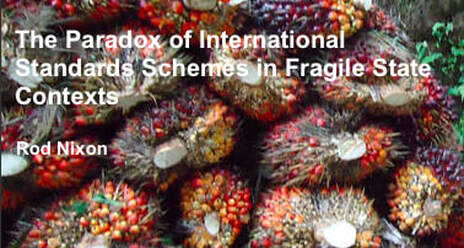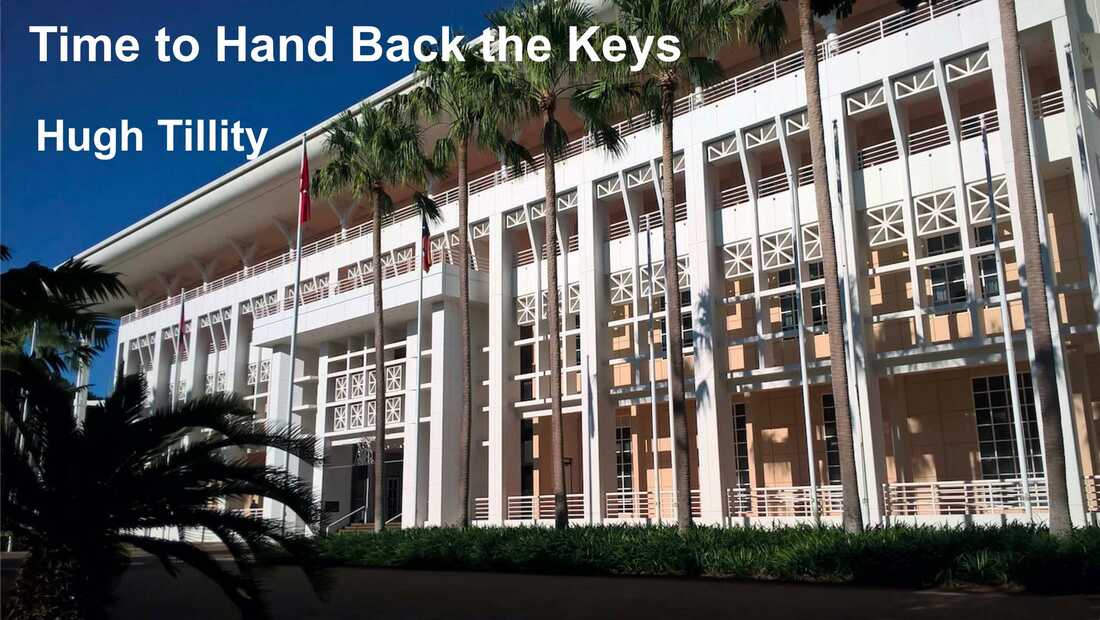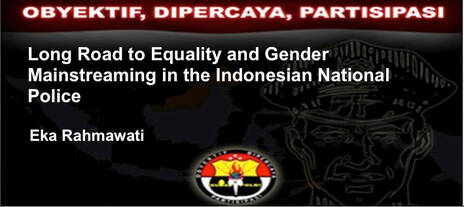- Home
-
Services
- Impact Assessment, Monitoring and Evaluation, and Social Research
- Land Research and Policy
- Justice and Dispute Resolution
- Political Economy Analysis
- Governance, Policy Development, and Sustainable Public Administration
- Sustainability and Natural Resource Governance
- Rural Development
- Project Design and Proposal Development
- Health
- Portfolio
- Approaches
- Blog
- Contact
- Resources / Library

